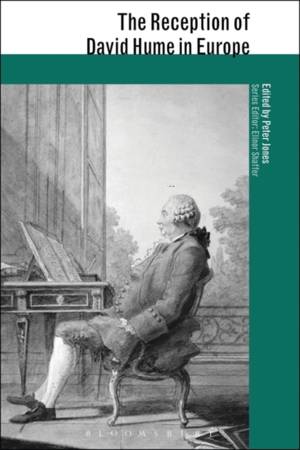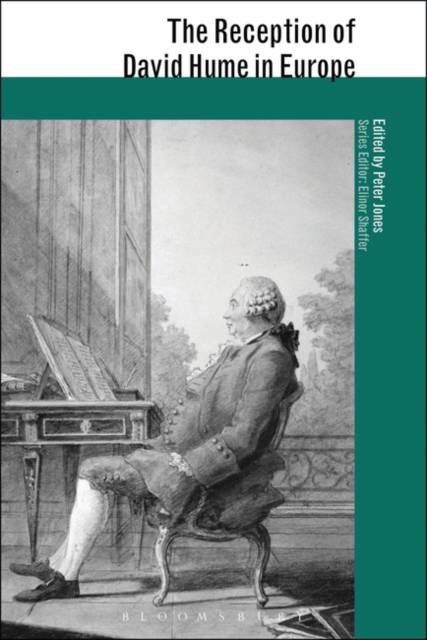
Bedankt voor het vertrouwen het afgelopen jaar! Om jou te bedanken bieden we GRATIS verzending (in België) aan op alles gedurende de hele maand januari.
- Afhalen na 1 uur in een winkel met voorraad
- In januari gratis thuislevering in België
- Ruim aanbod met 7 miljoen producten
Bedankt voor het vertrouwen het afgelopen jaar! Om jou te bedanken bieden we GRATIS verzending (in België) aan op alles gedurende de hele maand januari.
- Afhalen na 1 uur in een winkel met voorraad
- In januari gratis thuislevering in België
- Ruim aanbod met 7 miljoen producten
Zoeken
Omschrijving
The intellectual scope and cultural impact of British writers cannot be assessed without reference to their European 'fortunes'. These essays, prepared by an international team of scholars, critics and translators, record the ways in which David Hume has been translated, evaluated and emulated in different national and linguistic areas of Europe. This is the first collection of essays to consider how and where Hume's works were initially understood throughout Europe. They reflect on how early European responses to Hume relied on available French translations, and concentrated on his Political Discourses and his History, and how later German translations enabled professional philosophers to discuss his more abstract ideas. Also explored is the idea that continental readers were not able to judge the accuracy of the translations they read, nor did many consider the contexts in which Hume was writing: rather, they were intent on using what they read for their own purposes.
Specificaties
Betrokkenen
- Auteur(s):
- Uitgeverij:
Inhoud
- Aantal bladzijden:
- 434
- Taal:
- Engels
- Reeks:
Eigenschappen
- Productcode (EAN):
- 9781441102423
- Verschijningsdatum:
- 1/05/2013
- Uitvoering:
- Paperback
- Formaat:
- Trade paperback (VS)
- Afmetingen:
- 156 mm x 234 mm
- Gewicht:
- 639 g

Alleen bij Standaard Boekhandel
+ 176 punten op je klantenkaart van Standaard Boekhandel
Beoordelingen
We publiceren alleen reviews die voldoen aan de voorwaarden voor reviews. Bekijk onze voorwaarden voor reviews.









